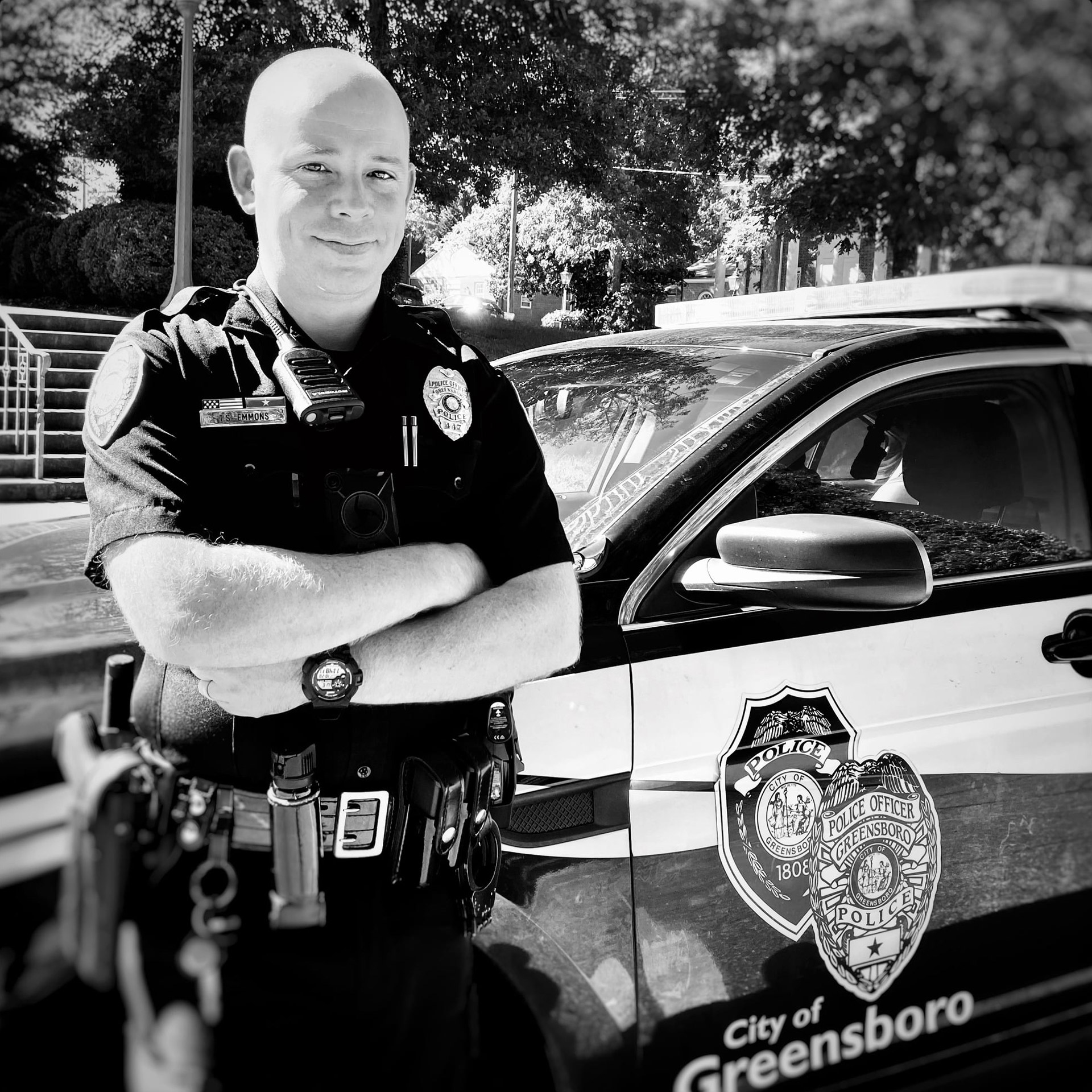
Officer T.S. Emmons of the Greensboro Police Department in North Carolina recalled saving a man in a mental health crisis from jumping into traffic on a busy interstate.
On the morning of October 20, Emmons responded to calls about a man sitting on the guardrail on the side of the busy eastbound Interstate 40.
When Emmons approached the man, it was clear he was in a mental health crisis.
“He was paranoid, he was agitated, saying a bunch of things. I was trying to get him away from the travel lane because he was walking right on the yellow line,” Emmons told Fox 8.
Emmons quickly assessed the situation using skills learned in the academy, and tried to calm the man. Emmons was ready when the man’s unpredictable behavior took a dangerous turn.
“All of the sudden he decided to jump into traffic and I jumped with him,” Emmons said. “I was able to grab ahold of him, bring him back over to the shoulder and just kind of hold him there until other officers could arrive because he was still trying to get back up and go into traffic.”
Eventually, Emmons was able to calm the man down by assuring that he was there to help and not hurt the man.
“It was probably maybe like two minutes but it felt like a lifetime,” he said. “I think he recognized that he needed help once he realized we were there to help him not harm him.”
Emmons said the incident was a reminder for those in mental health situations to pick up the phone and call for help instead of doing something drastic.
“Reach out, don’t feel ashamed to reach out,” he said. “There’s always somebody willing to talk to you.”
Now, Emmons plans to undergo further mental health crisis and de-escalation training, as departments continue to make mental health recognition and response a priority.
There have been several other incidents this year involving officers de-escalating suicide attempts and managing mental health crises, which shows just how important such training can be.





